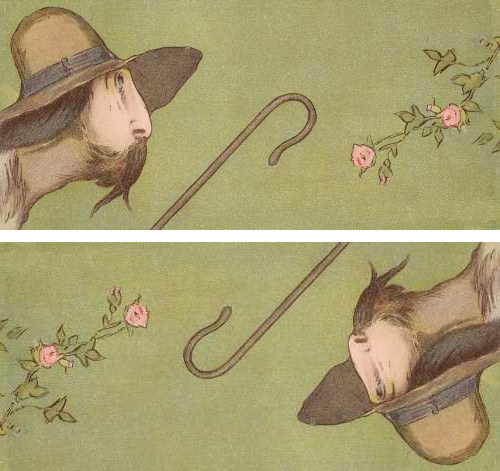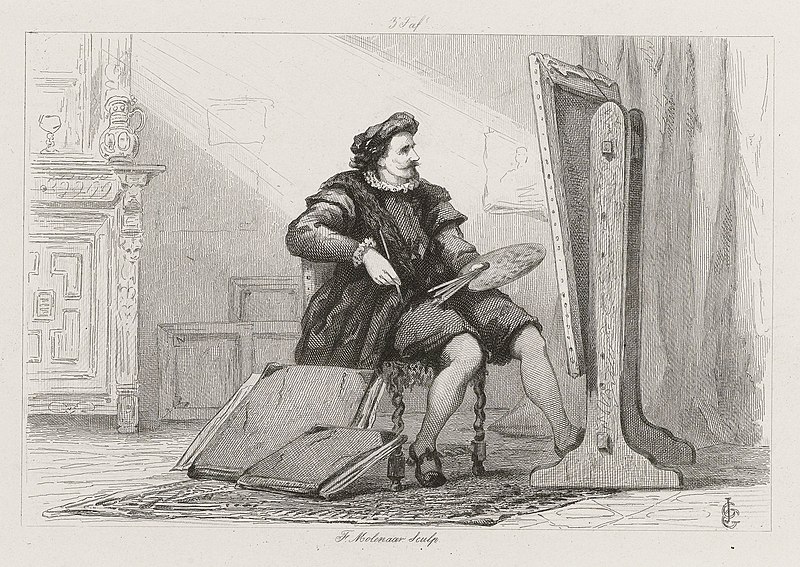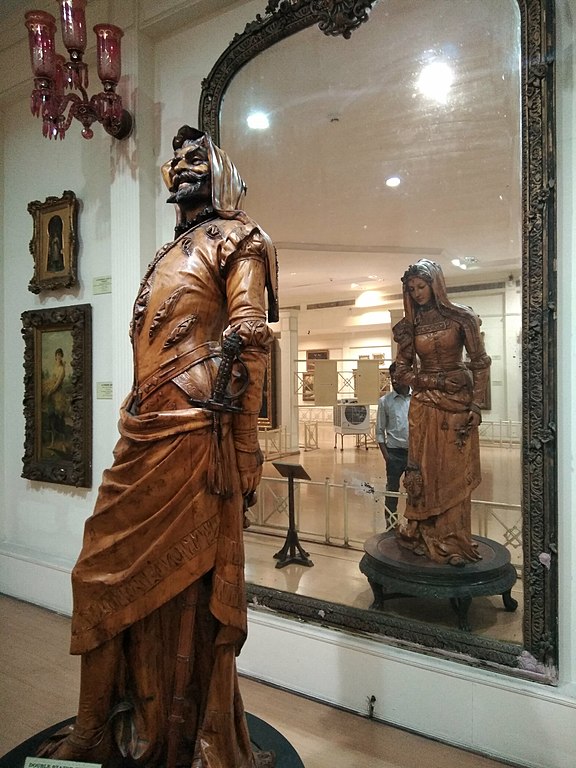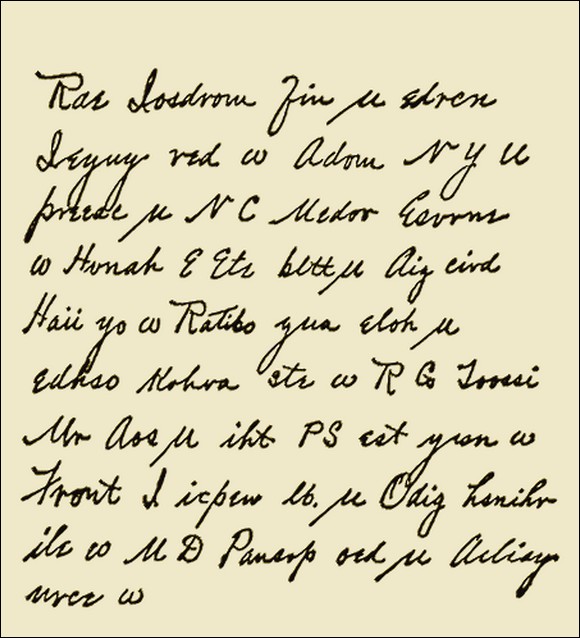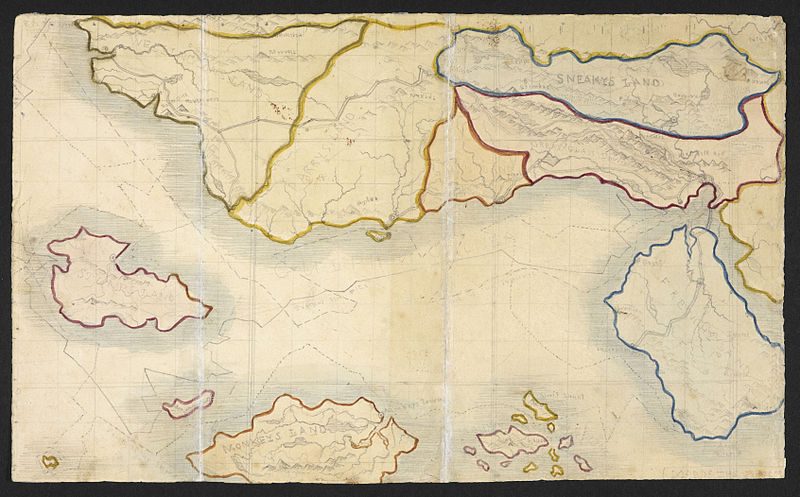
In June 1829, English curate Patrick Brontë brought home a box of 12 wooden toy soldiers for his 12-year-old son Branwell. Branwell shared them with his sisters: “This is the Duke of Wellington! It shall be mine!” shouted 13-year-old Charlotte, and 11-year-old Emily and 9-year-old Anne soon took up avatars of their own. This was the start of an enormous imaginative undertaking — soon the four had invented names and personalities for their soldiers and had begun inventing a shared history in which the “Young Men” traveled to the west coast of Africa; settled there after a war with the indigenous Ashantee; elected Arthur Wellesley, the Duke of Wellington, as their leader; and founded the Great Glass Town at the delta of the River Niger.
This was just the beginning. After 1831 Emily and Ann “seceded” to create a related imaginary country they called Gondal, and after 1834 Charlotte and Branwell developed Glass Town into Angria, yet another imaginary nation. Together and variously they edited magazines, wrote histories, and composed stories, poems, and plays about these shared fantasy world, with alliances, feuds, and love affairs that play out across Africa and the Pacific. Here’s the start of “A Day at Parry’s Place,” written by 14-year-old Charlotte in a fanciful magazine in 1830:
‘Oh, Arthur!’ said I, one morning last May. ‘How dull this Glass Town is! I am positively dying of ennui. Can you suggest anything likely to relieve my disconsolate situation?’
‘Indeed, Charles, I should think you might find some pleasant employment in reading or conversing with those that are wiser than yourself. Surely you are not to emty-headed & brainless as to be driven to the extremity of not knowing what to do!’ Such was the reply to my civil question, uttered with the prettiest air of gravity imaginable.
‘Oh, yes! I am, brother! So you must furnish me with some amusement.’
‘Well, then, Charles, you have often spoken of a visit to Captain Parry’s Palace as a thing to be desired. You have now time for the accomplishment of your wish.’
Together, four young siblings in a quiet parsonage in Haworth filled 484 pages documenting their imaginary world before maturity sent them on to other pursuits. “As the sisters grew older, Anne — once as close as a twin — gradually ceased to share Emily’s personal vision of the saga, just as the partnership between Charlotte and Branwell slowly disintegrated as their interests and aesthetic vision changed with maturity,” writes Christine Alexander in Tales of Glass Town, Angria, and Gondal (2010). “[But] the young Brontës nourished each other’s imaginations and developed in their youthful writings the independent styles and themes that can be seen fully developed in their mature poetry and famous novels.”

